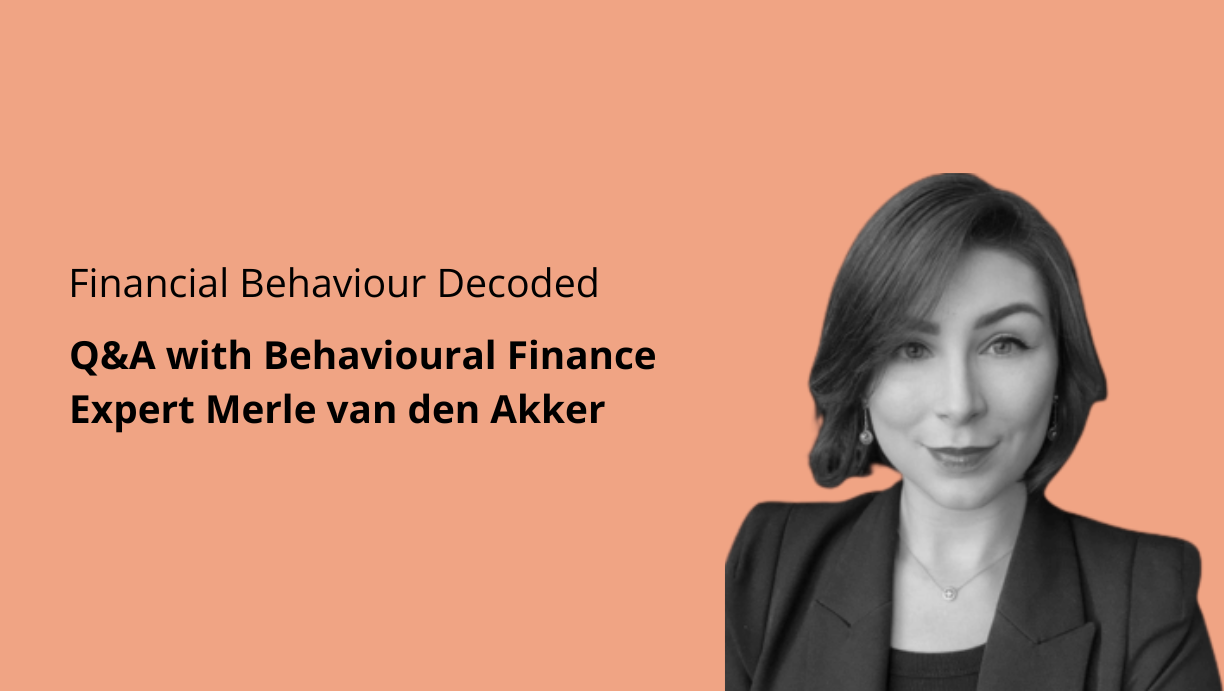Is Investing Skill or Just Dumb Luck?
“It’s human nature to find patterns where there are none and to find skill where luck is a more likely explanation.”
When it comes to investing, outcomes are influenced by both skill and luck.
The problem?
It’s almost impossible to tell which is which in the short term.
A bad decision can turn out well, or a good one can turn out poorly. But over time, it's not outcomes that matter most; it's your decision-making process.
Let’s examine the difference and how you can spot it.
When Luck Looks Like Genius
In 2004, Ashley Revell, a young man from the UK, sold everything he owned (including his home), flew to Las Vegas, and bet it all on one spin of the roulette wheel.
Luckily, he won!
But was it a good decision?
Absolutely not. If the ball had landed on the wrong colour, he'd have been broke, homeless, and living off leftover pizza.
It’s a perfect example of how random success can look like skill, especially in the short term.
And it’s a trap many new investors fall into.
How To Distinguish Luck from Skill In Investing
Several factors make it tough to tell luck from skill when it comes to investing:
1. Randomness
Random market movements heavily influence short-term investment results. Good results can be dumb luck.
2. Lack of Data
Short-term performance doesn’t provide enough data to judge whether success was earned or accidental.
3. Overlapping Factors
Luck and skill work together, which makes it hard to untangle their effects.
4. Regression to the Mean
Exceptional results often revert to the average. What goes up must eventually come down!
5. Hindsight Bias
Looking back, it’s easy to misattribute success or failure. You take credit when things go well and blame external factors when they don’t.
What The Experts Say
Renowned behavioural finance expert Michael Mauboussin offers a framework for separating skill from luck.
In his book The Success Equation: Untangling Skill and Luck in Business, Sports, and Investing, he says distinguishing luck from skill involves:
1. Consistent Performance
Regular outperformance points to skill. One-offs are more likely to be pure luck.
2. A Clear, Repeatable Process
Skill-based performance can be explained.
3. Predictability
Predictable outcomes suggest skill.
4. Replicability
Can others achieve similar results with the same investment strategy? If so, it’s evidence of skill.
5. Control
Greater control over outcomes indicates skill.
Mauboussin also offers a clever test to sense check the difference:
“If it’s easy to lose on purpose, it’s probably based on skill. If you can win by accident, it’s probably luck.”
In skill-based activities like chess, losing is easy. In investing or gambling, luck may still result in a win even if you try to lose.
Remember, short-term investing is unpredictable, like gambling, but long-term investing in a diversified portfolio is like being the casino - you’re statistically favoured to win over time.
How to Invest Without Relying on Luck
Here’s how you can stack the deck in your favour without confusing big returns with mastery:
1. Focus On Process Over Outcomes
Stick to your investment strategy, and don’t fixate on the results.
2. Diversify
Create a diversified portfolio so your risk isn’t concentrated in one asset class.
3. Stay Cool, Calm and Collected
Reacting emotionally to media and market ‘noise’ leads to mistakes. Switch off the news and financial app notifications.
4. Think Long-Term
Resist the urge to make changes. Compounding rewards the patient. Just ask Warren Buffett.
5. Track Decisions, Not Just Performance
Learn from what you did, not just the outcome.
In the short term, investing can feel like a gamble. But with a sound strategy and avoiding impulsive decisions, you become the casino.
So next time your portfolio goes up (or down), pause before you pat yourself on the back or panic.
Ask yourself, “Was that me or just random market behaviour?“““
Remember, the best investors don’t rely on luck. They build systems that focus on the long term.
Want to Learn More?
Explore our course on The Art of Behavioural Investing hosted by Dr Greg B Davies and made in partnership with Oxford Risk.
Featuring insights from industry experts Daniel Crosby, Carl Richards and others, you’ll learn how psychology and behavioural biases shape your financial decisions (often leading to costly mistakes) and how to manage them effectively to achieve the best investment outcomes.






